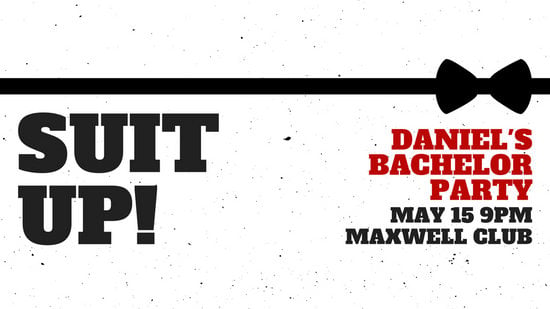The Adjustment In Stripper Roles: Progressing From Discrimination To Empowerment
The Adjustment In Stripper Roles: Progressing From Discrimination To Empowerment
Blog Article
Developed By-Norup McCarthy
You have actually likely noticed just how perceptions of removing have actually transformed in time. What was once a career shrouded in preconception is now being embraced as a form of empowerment. Pole dancers aren't simply entertainers; they're redeeming their stories and building services. This transformation elevates important questions regarding identification, agency, and the future of operate in the sector. Exactly how did we get here, and what does it suggest for those involved?
Historic Context: The Stigmatization of Stripping
Although many individuals see stripping as a debatable career, its historical context reveals deep-rooted preconceptions that have actually advanced gradually.
You mightn't understand that stripping dates back countless years, with performances commonly intertwined with spiritual and social techniques. Over the centuries, social standards shifted, and stripping ended up being associated with immorality and exploitation.
Women, specifically, dealt with severe judgment for their choices, bring about an assumption of stripping as a last resort. This stigmatization often overshadowed the creativity and skill associated with the craft.
As memphis strippers discover the evolution of stripper work, you'll see how these historical prejudices have shaped the industry's existing landscape, affecting perspectives and the experiences of those within it.
Comprehending this context is important for meaningful discussions concerning removing today.
The Shift: Empowerment and Company in the Market
As social perspectives in the direction of sex work remain to evolve, many pole dancers are reclaiming their narratives and emphasizing empowerment and agency within the sector.
You'll notice that even more dancers are speaking up regarding their choices, highlighting their freedom and the abilities they bring to the table. They're not just performers; they're savvy businesswomen that handle their very own careers, construct brand names, and navigate their work environments with self-confidence.
This change has actually caused an extra helpful area among strippers, fostering solidarity and mutual respect. By focusing on empowerment, why not look here 'll discover a growing number of dancers supporting for their civil liberties and pushing back against outdated stereotypes.
This newfound firm is changing the sector, enabling strippers to accept their identities on their own terms.
Campaigning for and Depiction: Strippers as Entrepreneurs
The empowerment activity among strippers is leading the way for a new wave of entrepreneurship within the market.
You're witnessing a shift where strippers are taking control, introducing their very own companies, and utilizing their platforms to promote for themselves. Several are creating brands, from merchandise to on the internet web content, leveraging their special experiences to connect with target markets.
This shift not only helps fight stigma yet also advertises financial freedom. By accepting their identities, pole dancers are redefining success on their own terms.
You're seeing them come to be good example, revealing that with creativity and resolution, any individual can flourish in this area. Through campaigning for and representation, they're confirming that pole dancers aren't simply entertainers; they're smart business owners shaping their futures.
Conclusion
In conclusion, the evolution of stripper tasks highlights an exceptional journey from stigma to empowerment. As social mindsets change, you see strippers redeeming their stories and showcasing their skills with satisfaction. Embracing entrepreneurship, these performers are not simply performers yet likewise magnate, motivating others to test obsolete stereotypes. By cultivating a supportive community, they pave the way for future generations, verifying that removing can be an effective expression of agency and creative thinking.
